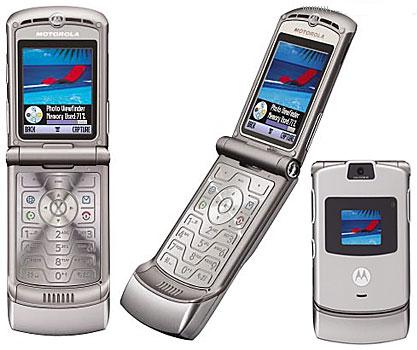This is a story that you’ll hear a lot and there’s one good reason: It’s true. At least, partially true. If you’re considering a prepaid phone you may get a slower connection. It depends more on the prepaid plan than anything else.
Why would this be true?
First of all it’s not always true. But when it is true it’s usually because the carrier wants it that way. There’s a difference between “discount” carriers and high-value cell companies like AT&T. Discount carriers usually contract with a company like AT&T, Verizon, and Sprint instead of operating their own networks. They are allowed to do this by law. Companies that do this are referred to as “MVNO’s,” or mobile virtual network operators. Depending on what they want to pay to the “real” cell company, they might get the highest-quality data connections or they may not. A cell carrier will make a deal with an MVNO to let them use older technology at a discount. That’s very typical.
But, isn’t everyone basically on LTE by this point?
Yes that is true that pretty much every carrier is using LTE technology for its data connections, but there are several generations of equipment out there operating at the same time. In order to pay for new equipment, cell companies will do what they can with the older equipment. And that may mean leasing out that bandwidth.
The equipment has something to do with it.
If you buy your phone from a prepaid cell provider you probably aren’t getting the latest and greatest anyway. Don’t worry about it, not everyone needs a $1,000 phone and most phones today — even the old, slow, cheap ones — are still miracles of modern technology that are far beyond what anyone had just five years ago. They might suit you just fine, but they aren’t going to have the latest, fastest chips. That means they’ll never reach the fastest speeds even if they were on the fastest network.
Oh, and the MVNOs might actually want it that way.
A lot of these off-brand companies offer “unlimited” data plans. You have to look in the fine print to see that the speed drops after just a few gigabytes. This is a common practice among almost all cell carriers actually, and it’s designed to keep people from totally hogging all the available bandwidth. You will almost certainly see the quality of your video signal reduced, but as I’ve said before, it’s quite possible you won’t care.
How important is it to you?
I guess the bottom line when you look at this sort of thing is, how important is super high speed to you. Are you the sort who uses the internet for Waze and the news and not much else? Do you mostly keep yourself on Wi-Fi anyway? If you aren’t doing hardcore streaming or using a VPN you might not even care that your data speeds are low as long as you have a decently consistent signal. The fastest cellular internet today is about 45-55Mbps, but those numbers are only for bragging rights. Are you really doing anything on your phone that takes advantage of that speed? If not, a prepaid phone and its lesser data function might be all you need.





